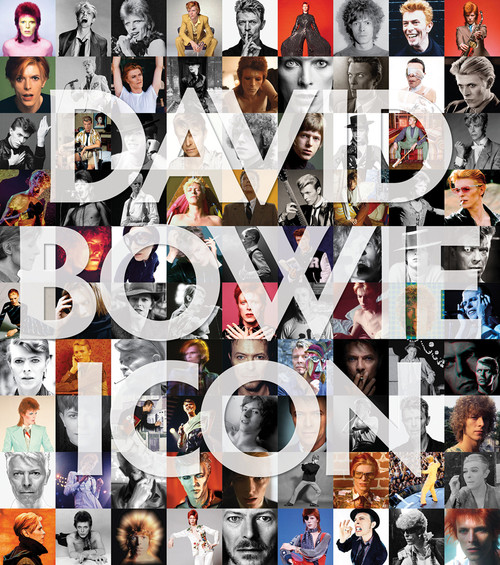Goldblatt began working on Some Afrikaners Photographed, first published in 1975, in 1963. He had sold his fatherª¡s clothing store where he worked, and become a full-time photographer. The ruling Afrikaner National Partyª¢many of its leaders and members had supported the Nazis in the Second World Warª¢was firming its grip on the country in the face of black resistance. Yet Goldblatt was drawn not to theevents of the time but to ªthe quiet and commonplace where nothing ªhappenedª¡ and yet all was con-tained and immanent.ª Through these photos he explored his ambivalence towards the Afrikaners he knew from his fatherª¡s store. Most, he guessed, were National Party voters, yet he experienced them as ªaustere, upright, unaffected people of rare generosity of spirit and earthy humor.ª Their potency and contradictions moved and disturbed him; their influence pervaded his life.
The book includes an essay by South African writer Antjie Krog: ªThree kinds of Afrikaners look out at us from these photographs,ª she writes, ªof which the poor Afrikaner is the most hauntingª¢the simple one who, by the sweat of his brow, eats his bread in isolation.ª Art critic Ivor Powell charts the outraged reaction of the Afrikaner media towards photos that showed rural Afrikaners at a time when the Afrikaner elite was trying to establish itself on the international stage, as well as his own reaction to the original book: ªIt was all but incandescent with tension and revelation, with a sense of souls being held up to scrutiny, of skins being peeled away.ª
The book includes an essay by South African writer Antjie Krog: ªThree kinds of Afrikaners look out at us from these photographs,ª she writes, ªof which the poor Afrikaner is the most hauntingª¢the simple one who, by the sweat of his brow, eats his bread in isolation.ª Art critic Ivor Powell charts the outraged reaction of the Afrikaner media towards photos that showed rural Afrikaners at a time when the Afrikaner elite was trying to establish itself on the international stage, as well as his own reaction to the original book: ªIt was all but incandescent with tension and revelation, with a sense of souls being held up to scrutiny, of skins being peeled away.ª







